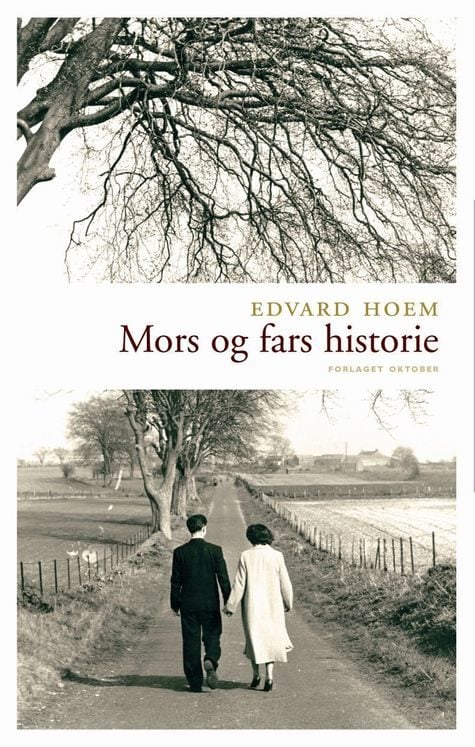Mother’s and Father’s Story
Nominated for the Nordic Council Literature Prize
”Mum, do you love Dad?” I once asked my mother, in my distant childhood. We were in the kitchen, home at the farm in a small village on the Western coast of Norway; it was a winter’s night. The walls in the kitchen were blue, the lamp in the ceiling was on, and it was dark outside the window. Mum rattled with pots and pans, she was tidying up after our evening meal. For all those years, it was in the same way: Around nine every night the dairy work was done, the cows had been milked and the horse had been tended to. Mum had come inside to bring the day to a close.
Perhaps I was six years old. In that case, the year was 1955.
I had discovered that there was something called loving someone, and I thought about what that could be. When I finally dared to ask my mother I was nervous, because I didn’t know if she would get angry. But I wanted to know what lay in such a strange word, and I wanted to watch her face when I asked her.
Edvard Hoem writes about what his parents never talked about, about how his mother and father met in 1945, and events leading up to the two of them – an unlikely couple – ending up together. A layman preacher, Edvard Hoem’s father held more than 700 meetings during the Second World War. Hoem’s mother, on her part, was a cook in a nursery home, and had a daughter with a German soldier.
Mother’s and Father’s Story is about how life sometimes follows a path of its own, and how nothing turns out the way we had thought it would. The story of a predicator and a young woman with a past is a story about grief and betrayal and failure, but above all about reconciliation and the will to live. It is a tribute to a different era and a different country.

